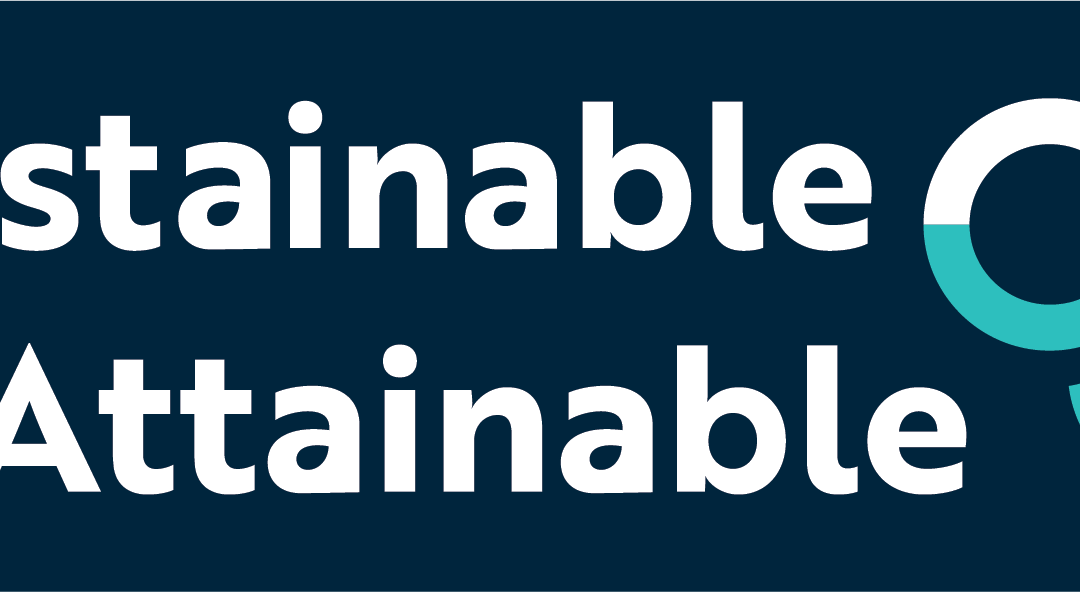Sustainable is Attainable: Creating solutions through collaboration
Company Profile
The goal of Sustainable is Attainable is to develop viable alternatives for the waste & by-products generated during food processing and manufacturing. This is achieved through collaboration across a large number of businesses, universities and research & development organisations including data collection, assessment, identification and progression of various solutions. This collaboration is coordinated by Venture Timaru (the economic development agency for Timaru).
The programme originated in South Canterbury in 2019. In August 2021, the Hawke’s Bay was the second region of New Zealand to launch Sustainable is Attainable. In both South Canterbury and Hawke’s Bay the project has been carried out in two steps.
Step 1: Understand the issues
Collate information on our waste & by-product output:
- What is it?
- What’s in it?
- How much of it is there?
- What are we doing with it?
- What have we heard of that we could do with it?
Step 2: Find solutions
Engage research & development resources to investigate sustainable opportunities and global best practices associated with:
- Prevention and minimisation
- Value extraction
- Energy recovery
- Alternative uses
- Environmentally friendly disposal methods.
The Relationship
The first hui was hosted by DB Breweries at their Washdyke site in May 2019, where representatives from 10+ organisations gathered to set the wheels in motion. They were joined by representatives from the University of Canterbury, Callaghan Innovation and the New Zealand Product Accelerator – organisations that can contribute valuable resources and expertise towards developing potential solutions.
Over the last two and a half years, various research projects have been carried out at the University of Canterbury, with support from the NZPA, including funding for design competitions, summer students and master’s scholarships.
The Impact
Initially, three Callaghan Innovation summer students conducted on-site analysis of a range of South Canterbury food processing company’s plastic and biowaste streams and their volumes, developing a database to guide potential solutions for managing by-products and waste streams across the sector. Various research projects have since been carried out at the University of Canterbury. Over the course of the initiative, additional universities (Lincoln, Massey and University of Auckland) and research and development organisations (AgResearch and Plant & Food) from across the country have become involved. In August 2021, the Hawke’s Bay was the second region of New Zealand to launch Sustainable is Attainable, coordinated by the Food Innovation Network, with an initial assessment study having just been carried out in this region.
The Value
DB Draught Brewery manager Kim Haack said “by coming together as a collective the companies had a better understanding of the scale of the waste streams they shared. We can leverage our knowledge to develop solutions that will have a positive impact on the wider community, which can ultimately be translated anywhere in the country.”
Hawkes Bay programme manager Dr Nicky Solomon says “It’s exciting to be able to share information and to learn from the South Canterbury experience. Although there are obviously some differences between the two regions’ economies, there are huge similarities. We’re looking forward to putting our heads together with the wider Sustainable is Attainable team to look at the possibilities for collaboration, as well as focusing on the opportunities that the students’ work has identified.”


